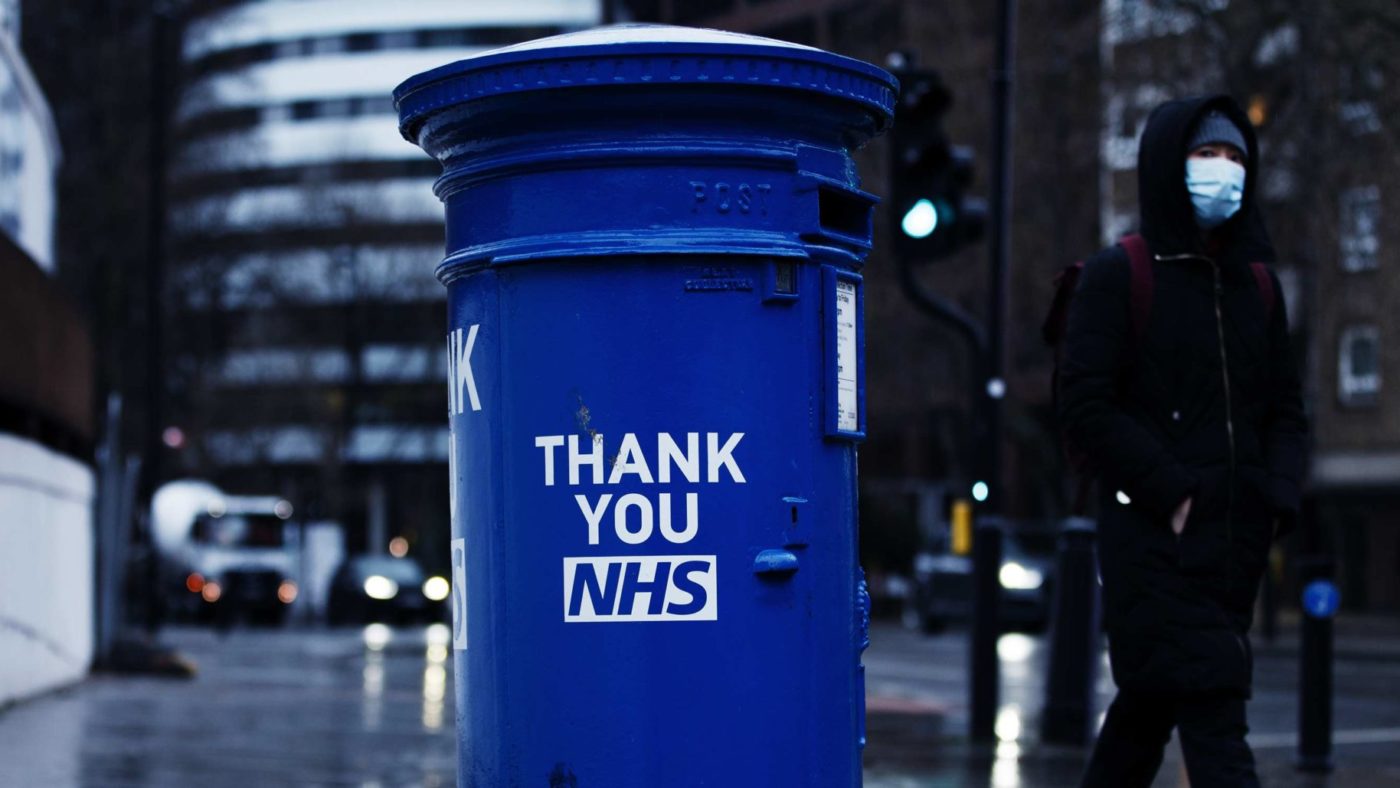Do you remember the PISA study, the international league table of educational outcomes?
Back in the good old days when schools were still a thing, it used to attract a lot of media coverage every three years. The British school system usually did not do brilliantly in those rankings, a fact which would prompt plenty of commentators to offer their views on why that might be, what could be done about it, and what lessons we could learn from better performers.
Imagine somebody had tried to stifle that debate by branding such criticism a “disgusting attack on our brilliant, hard-working teachers”. That would surely have been widely regarded as an extremely cheap and transparent form of point-scoring (which is why, to the best of my knowledge, nobody ever tried to do it). Criticism of the education system is obviously not a criticism of the teaching profession. It is about structural features of the education system, which no individual working within that system can do much about.
Or do you remember the “productivity puzzle”, the stubborn productivity gap between the UK and other G7 economies?
Back in the good old days when the economy was still a thing, plenty of commentators used to argue about what the causes of that productivity gap might be, what we could do about it, and what lessons we could learn from the more productive economies. Again, imagine somebody had tried to stifle this debate by branding it as a “disgusting attack on decent, hard-working families”. Again, that would have been self-evidently absurd. “Productivity” is a macroeconomic aggregate, and stagnant productivity is a failure of economic policy, not a failure of individual people.
So far, so obvious. It is very easy to draw a distinction between a system, organisation or institution, and individual people within it. We draw that distinction all the time. We know that criticism of the Chinese or the Russian state is not a criticism of individual Chinese or Russian citizens. We know that criticism of the tech industry is not a criticism of individual tech nerds working within it. And so on.
But apparently, when it comes to the National Health Service, this simple distinction suddenly goes out of the window. A case in point:
Last week, the Institute of Economic Affairs published my report Viral Myths: Why we risk learning the wrong lessons from the pandemic, which tackled a number of economic fallacies that had become popular since the outbreak of Covid-19. One of them was the idea that the NHS had emerged as some kind of star performer during the pandemic. It had not. We have one of the highest Covid death rates, and one of the highest excess death rates, in the world.
By all means, filter out all those countries that had substantially lower Covid infection rates, such that their healthcare systems never came under the same level of strain. Filter out all those countries with a much younger population. That still leaves the UK close to the top of a very long list. For example, Switzerland, the Netherlands and Israel all had more confirmed Covid cases per million inhabitants than the UK had. Yet the Swiss Covid death rate is a third below the UK’s, the Dutch rate is only half the UK’s, and the Israeli rate is just one third of the UK’s.
The reactions I got were… interesting. Deputy Labour leader Angela Rayner claimed that I was “disgracefully attacking the NHS and NHS staff”, and declared her “[t]otal solidarity with NHS staff after a disgusting attack”. She wrote an open letter to Matt Hancock, stating:
“As Heath Secretary, it is your job to protect and defend our country’s greatest institution – our National Health Service – and stand up for our NHS staff.
I urge you to…make a public statement to condemn this report in the strongest terms
If you are committed to the protection of our NHS you must take action immediately”.
An article in Metro said:
“It’s hard not to take this personally…An outright attack on the NHS is personal to all of us…This attempt to stir up anti-NHS feeling…erodes staff morale…The report’s authors [sic] should be ashamed.”
The Guardian and the Independent were not amused either, and Twitter quickly worked itself up into its usual frenzy.
As an author, I welcome most publicity, and if a bit of media outrage is what it takes to drive up readership numbers, I am all for it. But it would also be nice if we could simply discuss the performance of different healthcare systems in the same hysteria-free way in which we currently discuss the performance of different education systems, or the productivity performance of different economies. And who knows, maybe we will get there one day.
Click here to subscribe to our daily briefing – the best pieces from CapX and across the web.
CapX depends on the generosity of its readers. If you value what we do, please consider making a donation.


